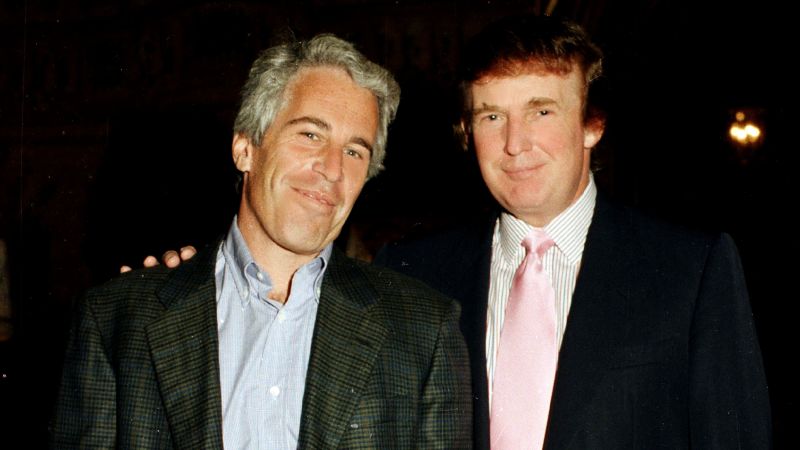The Trump administration is currently facing renewed scrutiny regarding its connections to the late financier Jeffrey Epstein. In particular, questions have emerged about the existence of a so-called “client list” associated with Epstein, which some officials have previously claimed would be revealed. This situation has sparked significant debate, particularly among those who believe a cover-up may be in play.
In July 2021, JD Vance, now a U.S. Senator, accused the government of withholding critical documents related to Epstein, suggesting that a client list existed. Recently, Vance remarked, “If you’re a journalist and you’re not asking questions about this case, you should be ashamed of yourself.” His comments resonate today as the Trump administration, which includes Vance, has suggested that such documents do not exist, stating that Epstein committed suicide and no further inquiry is warranted.
Among the most pressing questions is why the administration has seemingly downplayed the importance of these documents. During a recent public appearance, Donald Trump remarked, “Are you still talking about Jeffrey Epstein!?” He further insisted that the public should not “waste time and energy” on the matter. This attitude stands in stark contrast to earlier statements made by members of his administration, including Attorney General Pam Bondi and Kash Patel, who had previously indicated that significant information was forthcoming.
The inconsistency raises doubts about the credibility of the administration’s assurances. In February 2023, Bondi claimed that important documents regarding Epstein were to be released, stating, “We will get everything.” Yet, following the initial release of materials, which turned out to be largely outdated, the administration has not provided any substantial updates. A recent memo from the Justice Department indicated that much of the information related to Epstein remains sealed due to ongoing legal considerations.
Another significant aspect of this unfolding situation is the speculation around Trump’s potential involvement with Epstein. While there is currently no evidence linking Trump to wrongdoing, it remains pertinent to inquire whether he appears in any of the unreleased documents. Trump has previously acknowledged his past association with Epstein, calling him a “terrific guy” before their relationship soured. Furthermore, his remarks wishing Ghislaine Maxwell well during her legal troubles have drawn additional attention.
The narrative surrounding Epstein has also attracted controversial claims regarding potential intelligence connections. Bondi’s recent comments left open the possibility of Epstein having ties to intelligence agencies, prompting further inquiry into his background. Naftali Bennett, the former Prime Minister of Israel, publicly denied that Epstein had any link to Israeli intelligence, stating, “The accusation that Jeffrey Epstein somehow worked for Israel or the Mossad running a blackmail ring is categorically and totally false.”
The intersection of these questions highlights a broader issue within the Trump administration’s handling of the Epstein saga. The initial promise of transparency has devolved into a series of evasive responses that have only fueled public suspicion. With powerful individuals implicated in Epstein’s activities, the demand for clarity persists.
As these inquiries continue, the public remains eager to understand the implications of the Epstein case and the role played by prominent figures in the Trump administration. The quest for answers surrounding Epstein’s legacy and the potential involvement of influential individuals is far from over, as each new development raises more questions than it resolves.
